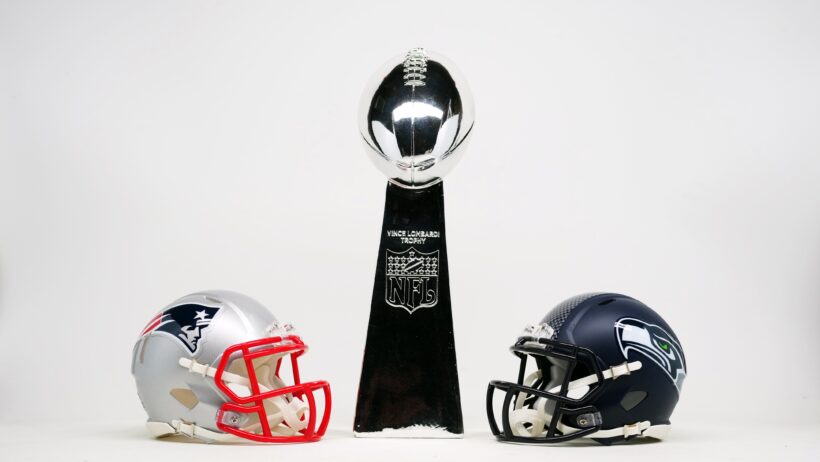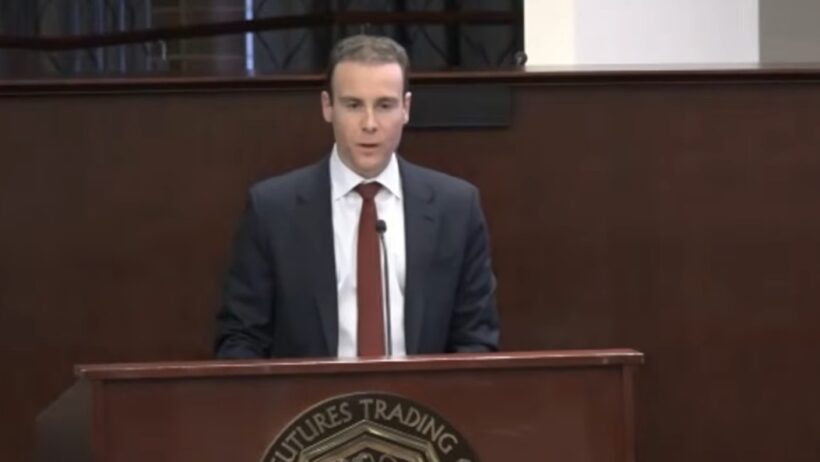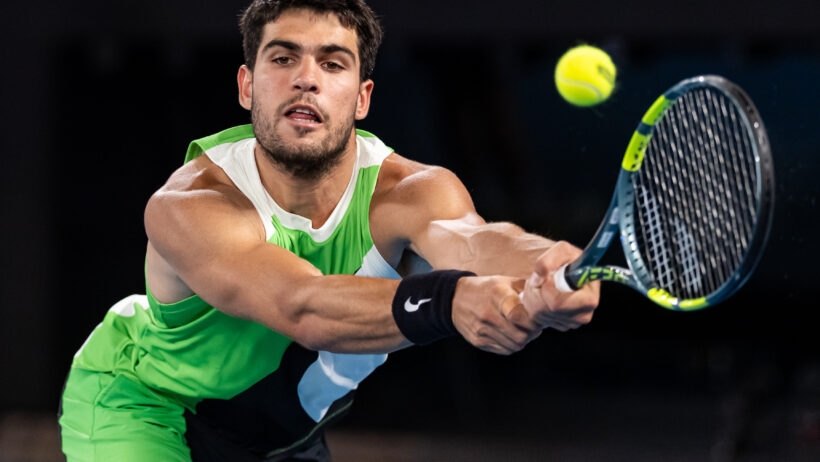Ohio iGaming Contingencies Concerned With Proposed License Fee, Tax Rate
By Robert Linnehan in Online Casino
Published:

- Sen. Nathan Manning’s Ohio iGaming bill had its second hearing today
- Several proponents testified in favor of legalized Ohio iGaming
- However, the testifiers criticized the high iGaming license fee and tax rate
Proponents of legalized Ohio online casinos praised portions of Sen. Nathan Manning’s (R-13) iGaming bill, SB 197, while also sharing concerns with several key aspects of the proposed law during its second hearing in the Senate Select Committee on Gaming.
Namely, testifiers shared concerns with what they believe is an overly expensive license fee, a high iGaming tax rate, and too few iGaming skins.
“The fee structure in this bill today would be the highest in the entire country,” Ryan Soultz, VP of Governmental Affairs at Boyd Gaming, said during the hearing.
Less Fees, More Ohio Online Casino Skins
Manning’s bill calls for the legalization of Ohio iGaming, iLottery, and includes some of the highest proposed iGaming tax rates in the country. His legislation includes different tax rates and licensing fees depending on the institution applying for a license.
The first reading of the bill came just last week.
According to Manning, brick-and-mortar Ohio casinos awarded an iGaming license will pay a $50 million license fee and pay an iGaming tax rate of 36%. Operators without an Ohio facility will be required to pay a $100 million license fee and be subjected to a 40% tax rate.
The legislation allows each license holder to partner with just one iGaming platform operator. In total, it would allow just 11 iGaming skins to operate in the state.
Scott Ward, spokesperson for the Sports Betting Alliance, a group that represents the gaming interests of BetMGM, DraftKings, Fanatics Sportsbook, and FanDuel, said a legalized iGaming market in Ohio will funnel current customers of illegal operators into a regulated channel.
A legalized market will help stamp out illegal operators in the Buckeye State, provide key safeguards for Ohioans already engaging in illegal iGaming avenues, and be a new significant revenue stream for the state, he noted.
Despite the positives of the bill, Ward advocated for a lower tax rate and license fee for iGaming operators. He also encouraged Manning to explore allowing each iGaming license holder to be able to partner with up to two iGaming platform operators in the state.
Allowing more than 20 iGaming skins in Ohio will bring the state in line with other iGaming markets in the country.
His suggestions were a common thread of the day, as most of the proponents discussing the bill advocated for more available skins and less fees/taxes.
John Pappas, speaking on behalf of GeoComply, a geolocation company providing services to gaming companies, said just a 25% iGaming tax rate would bring in more than $500 million in annual revenues for Ohio when the market fully matures.
“What I can also say is $50 million for a license is just too much,” he said.
The third reading for the bill will be held on Wednesday, May 28.
No Cannibalization Concerns
But what about iGaming’s potential impact on the bottom line for Ohio brick-and-mortar casinos and racinos? The concern, several testifiers reported, is overblown.
Trevor Hayes, VP of Government Relations for Caesars Entertainment, said the threat of iGaming cannibalization for brick-and-mortar casinos is simply untrue. Caesars operates the most brick-and-mortar casinos throughout the country, including Eldorado Scioto Downs (a racino) in Columbus, Ohio, and would not be testifying in favor of iGaming if it impacted their facilities, he said.
Caesars has been operating an iGaming license in New Jersey for more than a decade, as well as a brick-and-mortar facility in Atlantic City, and iGaming has been nothing but a positive for the facility.
“We have proof of concept. We’ve been doing this for over a decade in New Jersey. iGaming is additive for brick-and-mortar casinos,” he said.
Soultz also noted Boyd Gaming recently dedicated a substantial capital investment to one of its brick-and-mortar casinos in Pennsylvania. Pennsylvania has the most robust iGaming market in the country, and Boyd Gaming would not invest in a brick-and-mortar facility in the Keystone State if iGaming was a threat to its business.
Legalized iGaming is a great way to keep people engaged with a gaming brand, even if they do not visit brick-and-mortar facilities.
“It’s a synergistic relationship where people are earning opportunities, getting exposure to the brand again,” he said.

Regulatory Writer and Editor
Robert Linnehan covers all regulatory developments in online gambling and sports betting. He specializes in U.S. sports betting news along with casino regulation news as one of the most trusted sources in the country.



